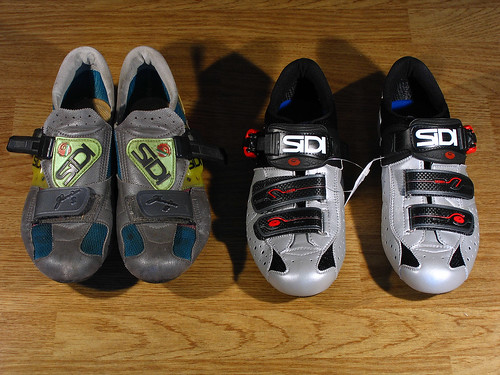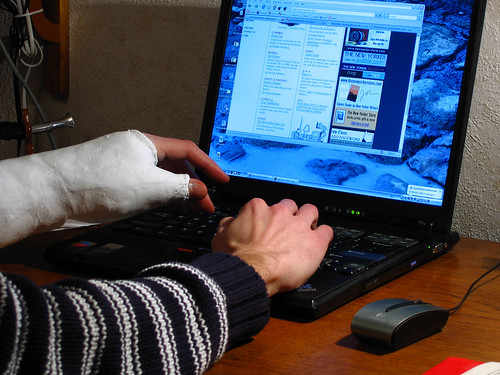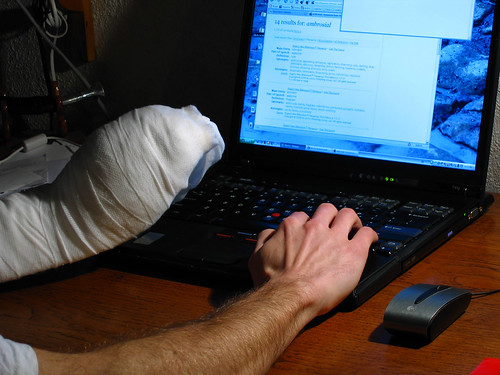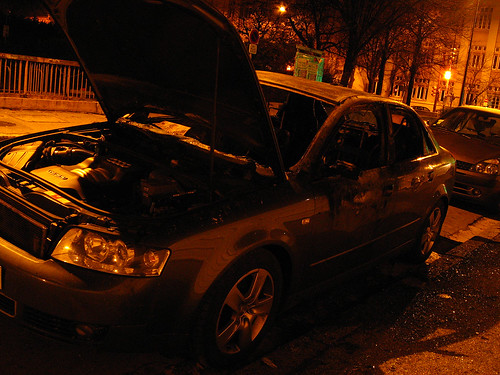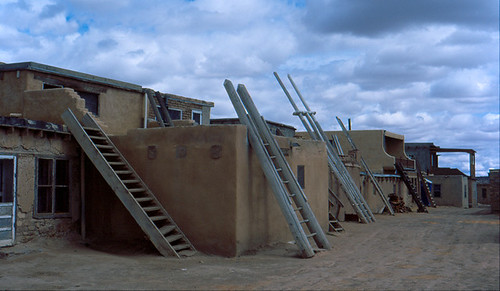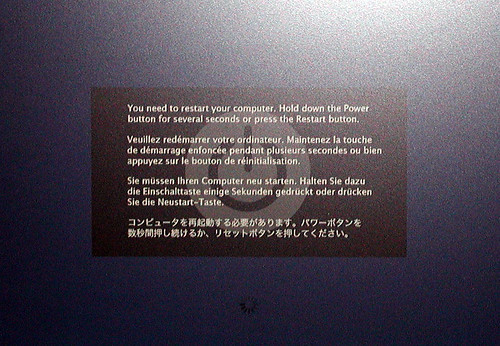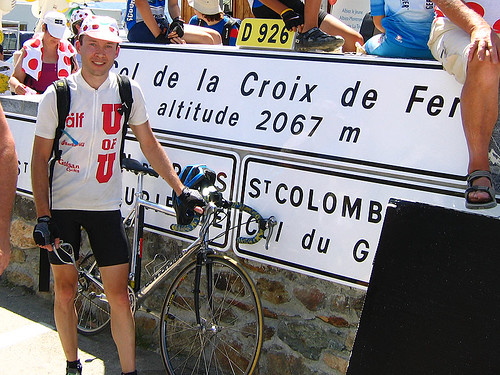Exactly one week ago, Floyd Landis delighted the world of cycling and a fair number of casual spectators with his inspired ride through the Alps, deciding to go solo halfway into the first climb of the day and never looking back. A small group comprising the top riders and a few of their team mates chased the American for the rest of the stage. Despite riding themselves into delirium, they couldn't bridge the gap, and Landis finish five minutes ahead of the second best that day. This was the same guy who seemed to have met his Waterloo only 24 hours earlier, all but dying on the last climb to La Toussuire.
Comparisons with the greatest of all cyclists were made. Eddy Merckx was famous for his brutal and audacious attacks, and his pitiless thirst for victories broke the will of many opponents. Landis was hailed like a savior, the man who single-handedly made cycling interesting again after more than a decade of domination by invincible riders with commanding teams.
Curiously, no one saw parallels with the previous heroic solo ride in a big tour. In the 2003 tour, Tyler Hamilton, his doubly fractured shoulder bandaged like a mummy, attacked at the Soudet and rode almost 100km in front of the increasingly frustrated peloton to win the stage in Bayonne. A little more than a year later, he tested positive for blood doping on two occassions, and his heroic feats are no more than dog shit in the sewer.
Today, Landis jumped into the sewer. Fishy testosterone values were detected in his urine after his unbelievable ride. If the results hold up after the second test, he's out and will never have won a Tour de France, in particular a tour in which more than a dozen riders were exluded hours before the start because of blood doping.
...
I rode up to the Bastille today. The climb is only two kilometers long, but averages 17%. The worst are the middle 400m, which are solidly above 20%. After that, one can lean back and enjoy the relative flatness of a 14% gradient. I know this because some joker painted the numbers and silly comments ("Don't brake here!") on the tarmac.
I made it to the top without taking pills. I have made it up l'Alpe d'Huez, the Charmant Som, the Luitel, the Croix de la Fer, and many other painful climbs around here. Much slower than the pros but without taking pills. In fact, I haven't taken any pills in at least ten years with the exception of a handful of vitamin tablets that my friends, fearful for my health in the land of burgers and fries, gave me when I moved to the US in 1998.
Is there any professional rider that is not on some sort of chronic treatment? Most have a doctor-approved list of exemptions that allows them to take drugs that are illicit normally but necessary in their particular case because of their dire state of health. Many claim to have asthma. (How this predisposes you to be a cyclist is my favorite mystery.) Pain killers seem to be around quite a bit. One is excused for assuming that there is not one healthy individual in professional cycling.
When a stage is finished, the cyclists are prepared for the next day by their doctors and rejuvenation wizards. Obviously, it's only a small step from revitalizing a tired body to pimping a tired body, and I'm not sure it's always the riders themselves that make the decision.
I'm not saying anyone is innocent. To the contrary, I think professional cycling is corrupt to the bone and needs to be cleaned up and out. The first step would be to rigorously ban any drugs. Those who are sick shouldn't ride their bike. If everyone were clean, maybe we'd see more surprises. We'd certainly have more reason to cheer.
